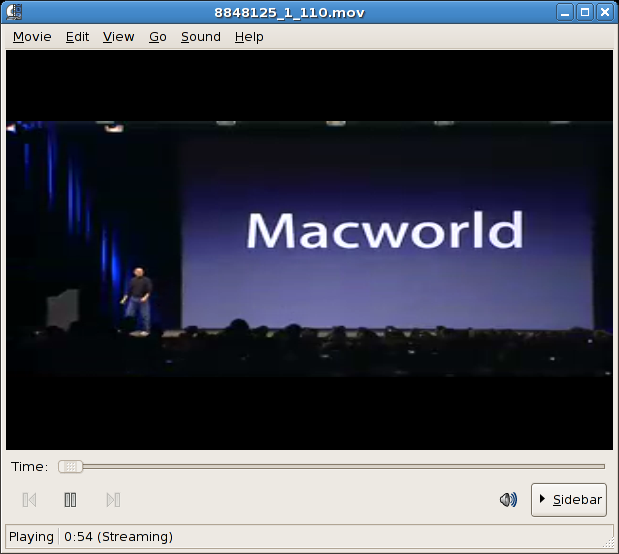So I thought I answer a few of the questions that have popped up accross the web after the shop launch and yesterdays blog entry.
Yes, they are available under the terms link just before you finalize your order to go to the payment system. I realize a lot of people want to be able to read over the EULA before getting that far so I will put them up somewhere more easily reachable today.
Often the bundles will grow and people who bought the bundle as it is will be able to download the new bigger bundle for free. However there will also be new bundles made as things progress.
We will soon start to offer some encoders too. Our windows media audio encoder is already in the beta program and the windows media video encoder is in final stages of development before hitting the beta program. To begin with these will be just separate download or maybe part of an windows media encoding bundle. As more encoders gets created we probably will offer bigger encoding bundles to, similar to the playback ones.
This will not happen. We are still a small company and the cost of supporting even more frameworks in a good way is daunting.
Because we don’t have them ported yet. To be honest the popularity of the Windows media plugins on Linux PPC and Solaris will determine if we ever do port them in fact. Unless the plugin available for these platforms sell well enough to validate the cost of porting more codecs there will be no further codecs supported on these platforms. That said we are not going to pass judgement on either platform very quickly. For Linux PPC we will let PS3 be out on the market a while before start making assumptions about the viability of that market and for Solaris we will let Sun ship something else than just development versions of Solaris bundled with GStreamer 0.10.
The answer is Yes, to some degree, and maybe. We have a working Real Media decoder plugin, but we will not be able to release that before we have a full Real Media networking stack to use it with, but this is being worked on and shouldn’t be to far away. As for Quicktime we will be able to support AAC and H264 which seems to be the most used Quicktime codecs today and the Quicktime container format is just a tweaked version of the MPEG4 ISO format. So we will be able to offer something that plays most Quicktime trailers, but we might not be able to call it Quicktime support though due to trademark issues and of course not supporting Apple specific codecs such as Sorenson. As for Flash video or VP6 as its also called. Well we are trying to work something out there, but its still quite up in the air what will happen.

